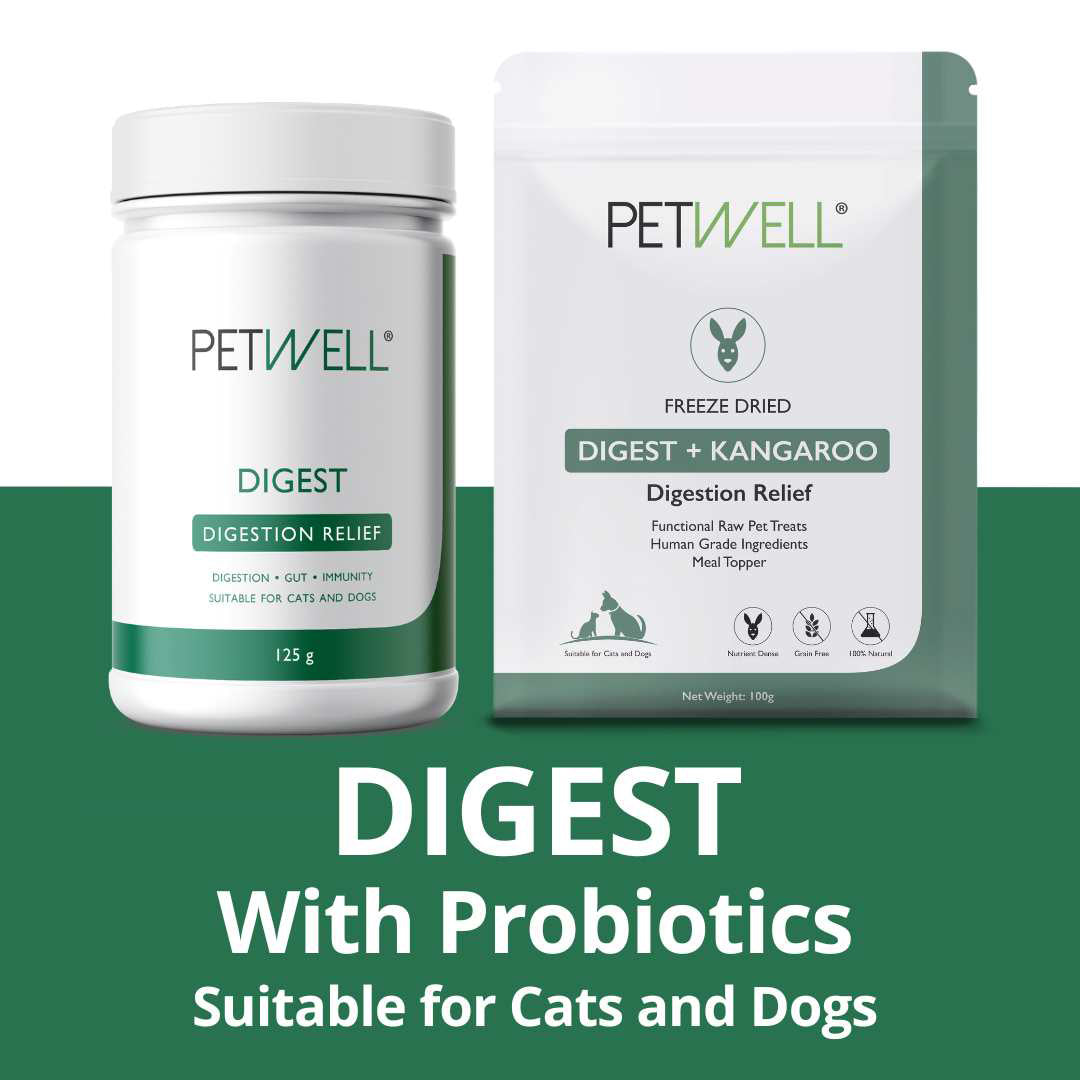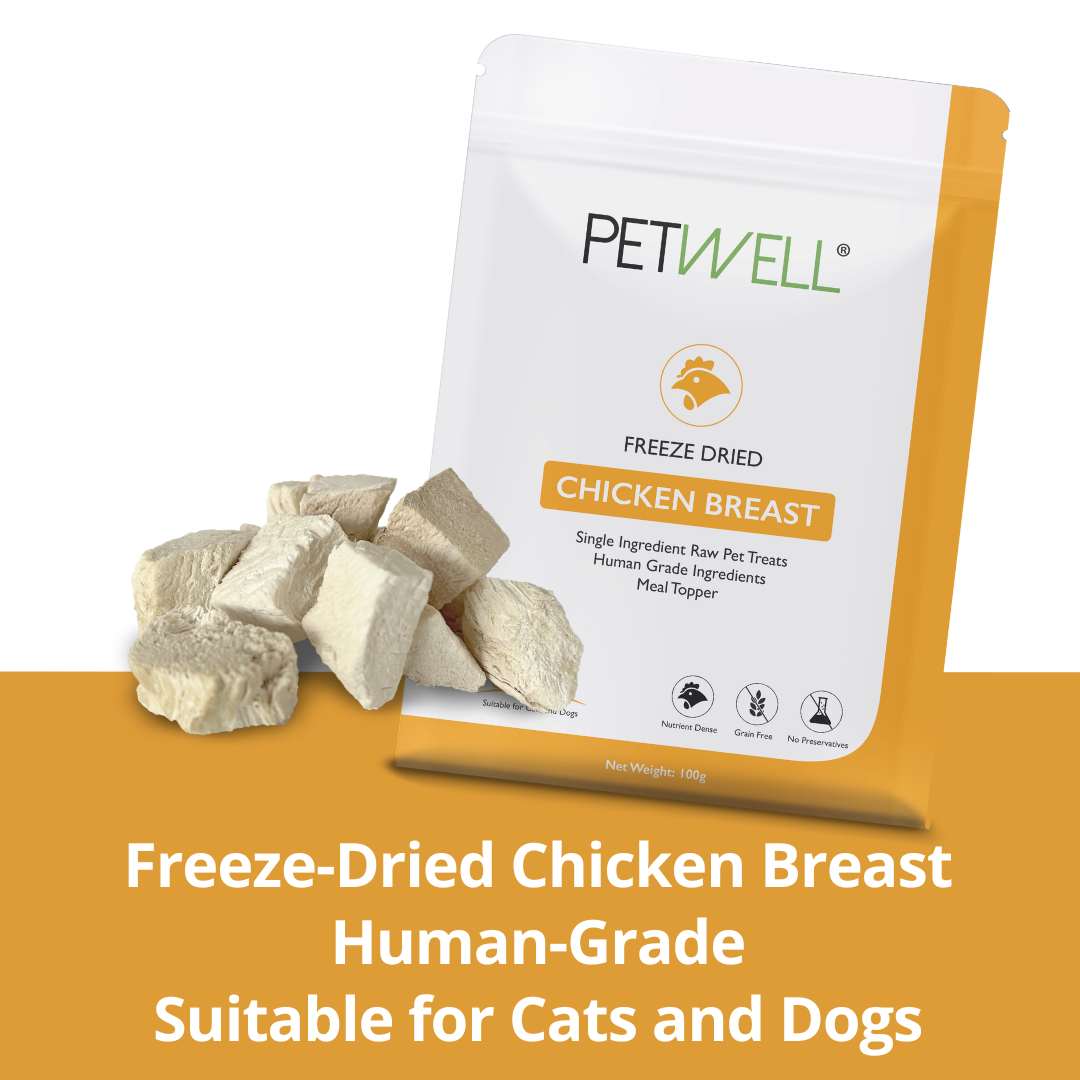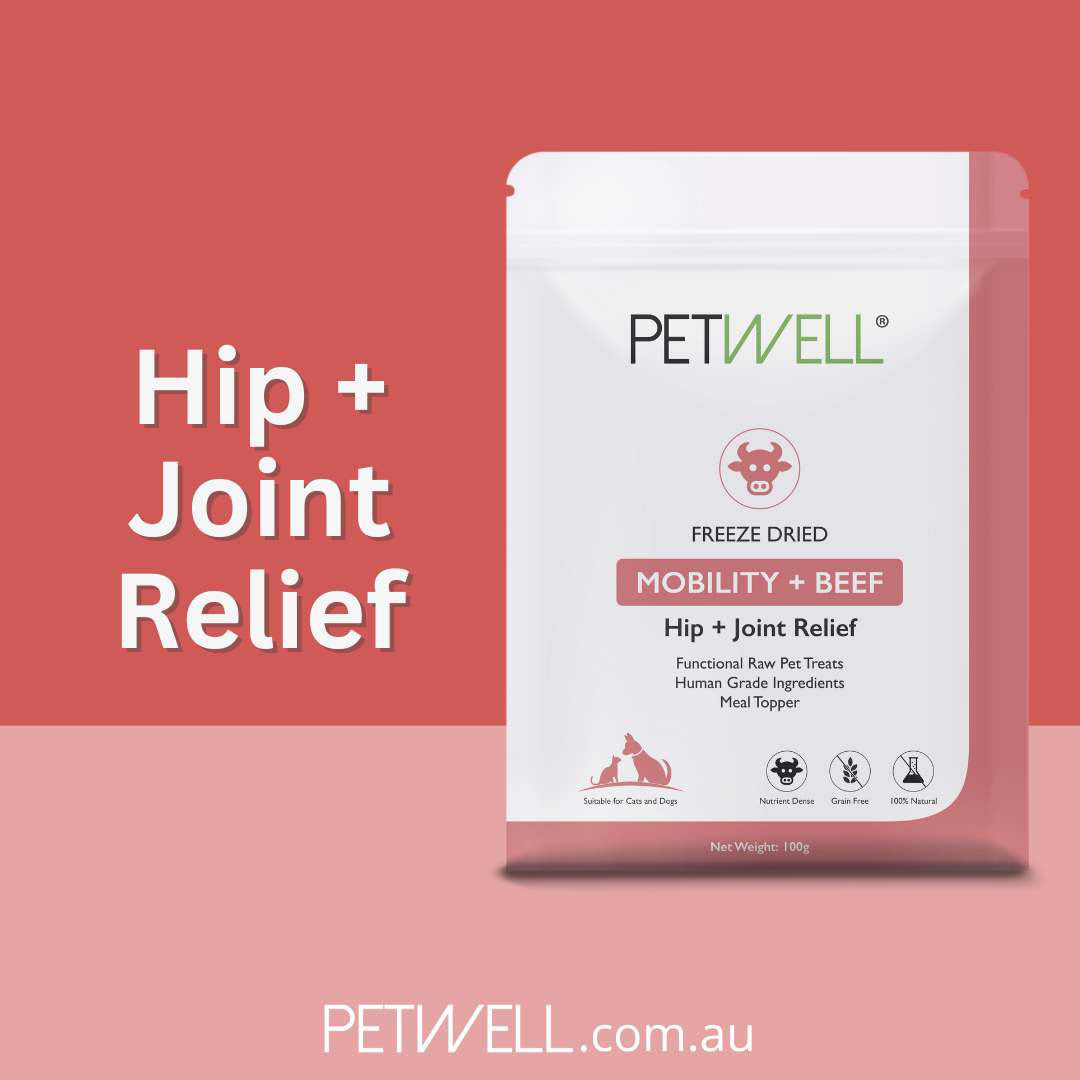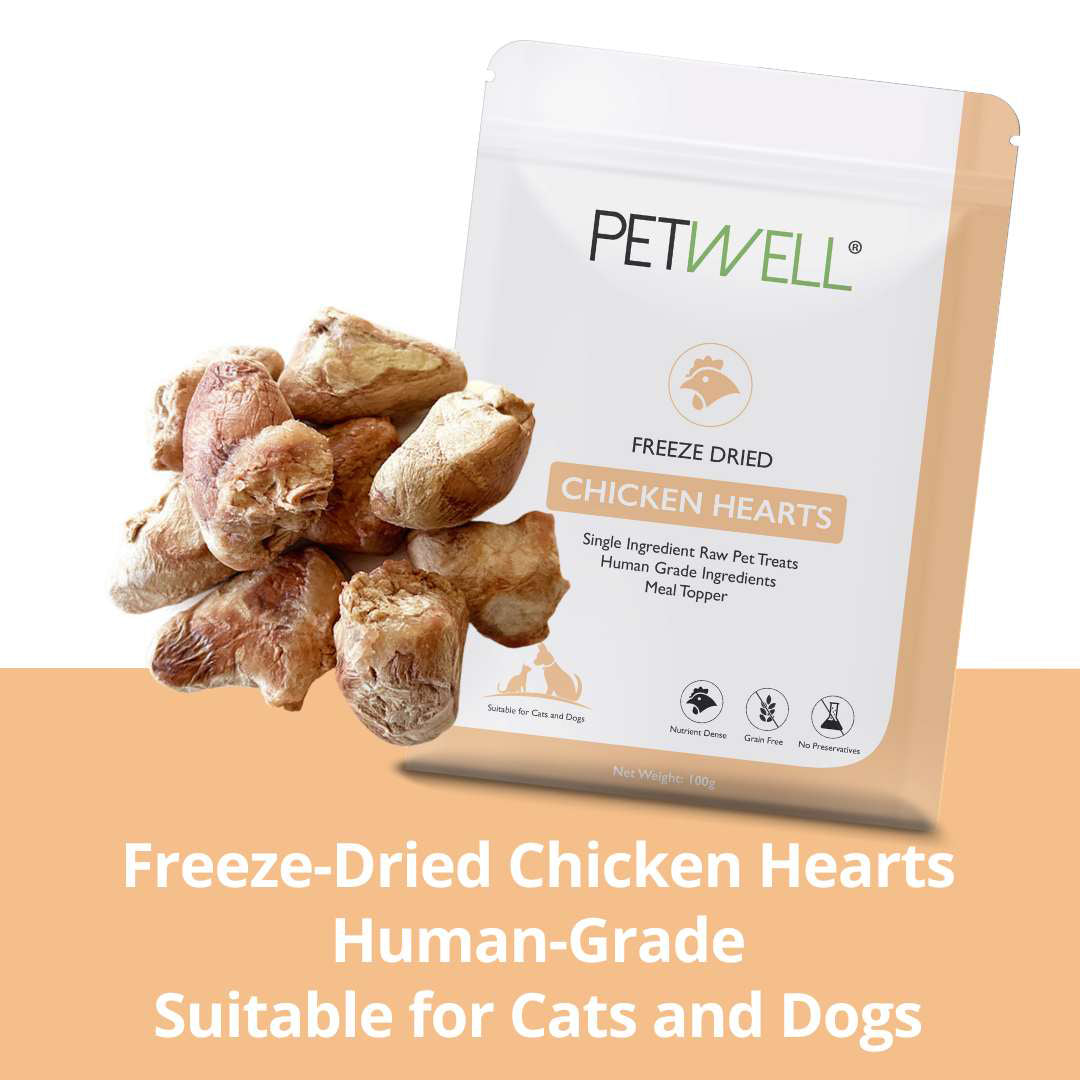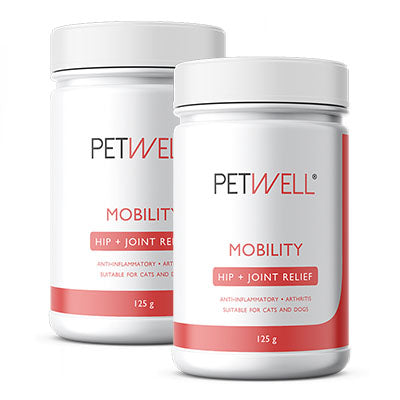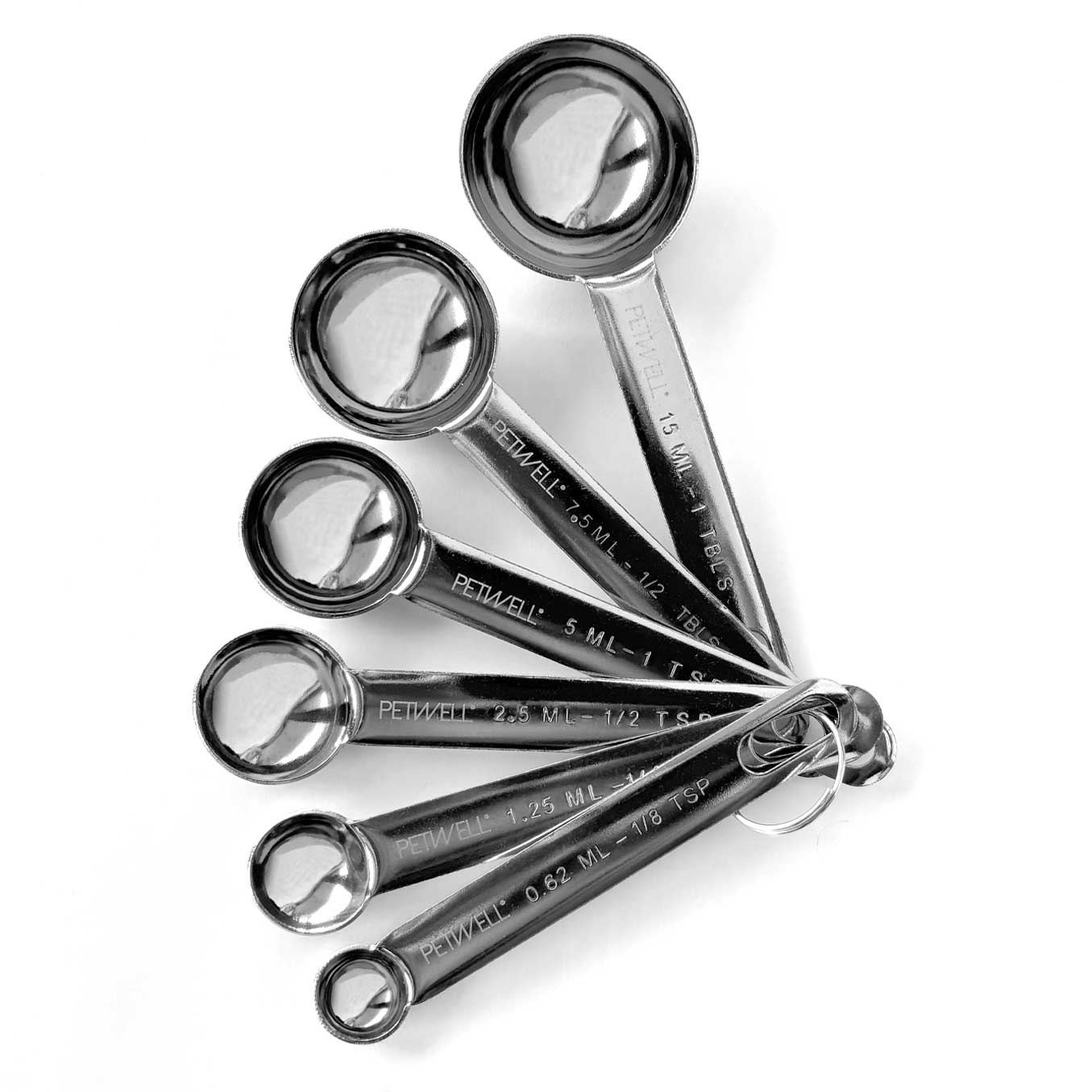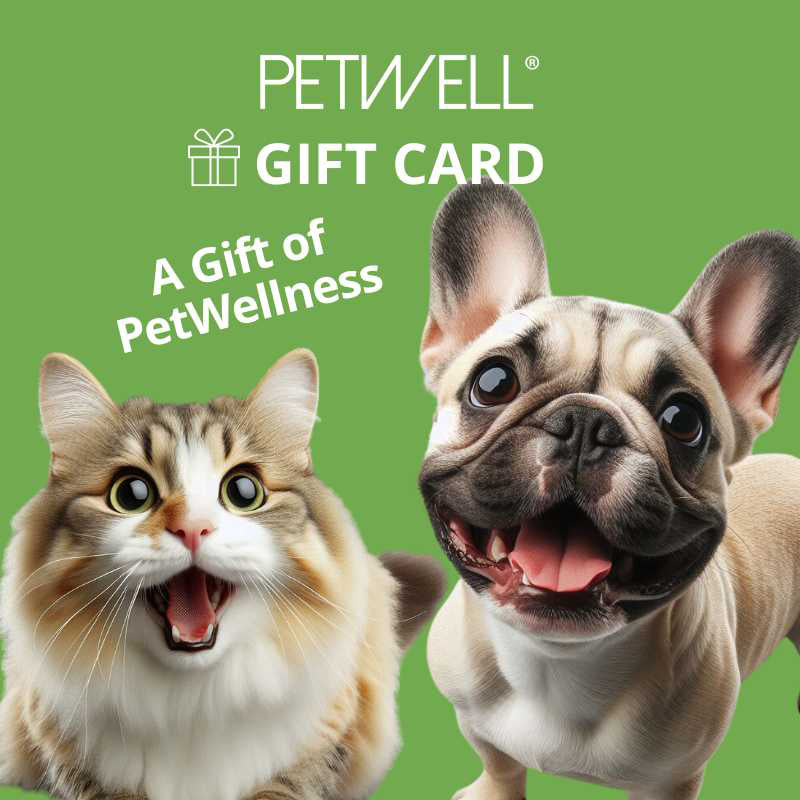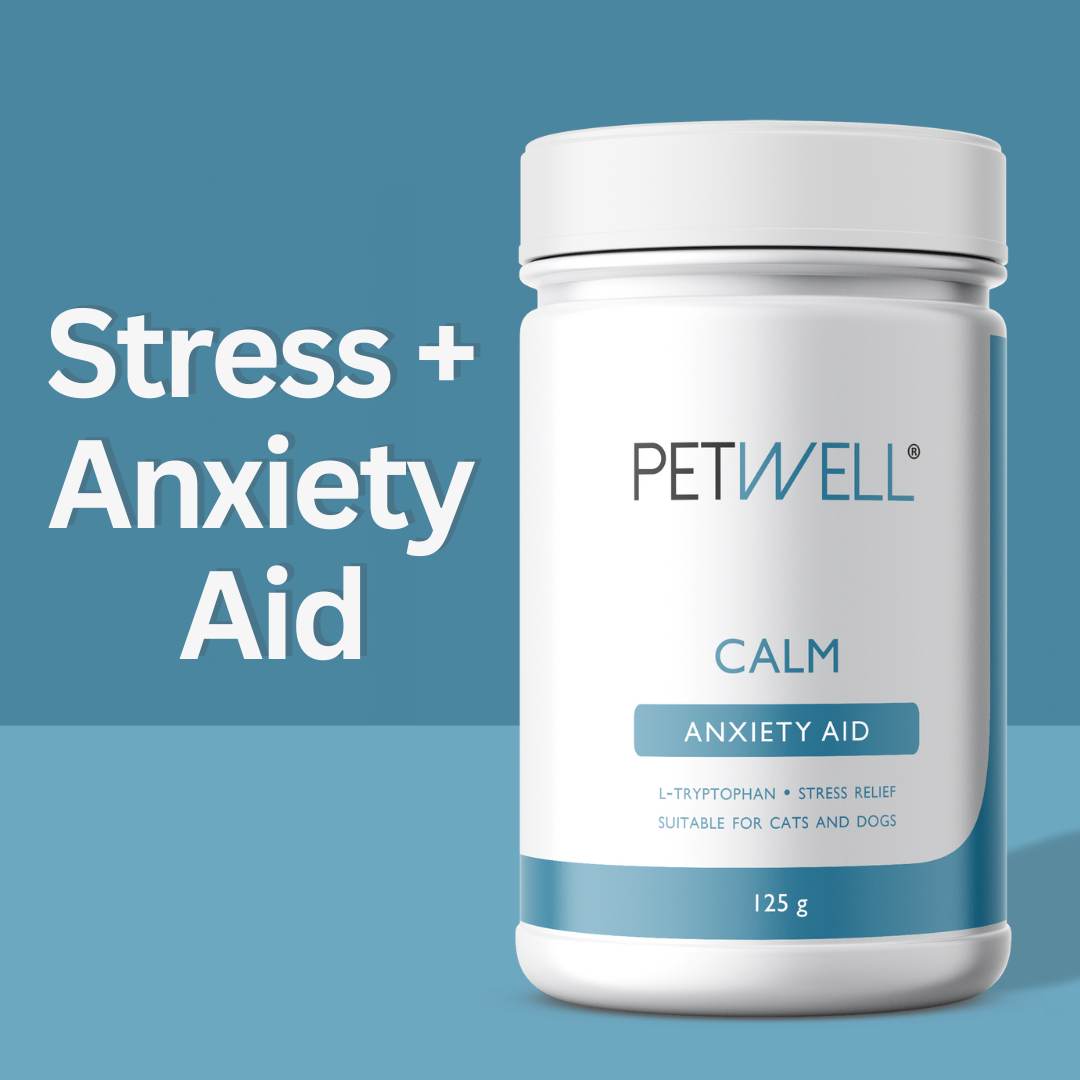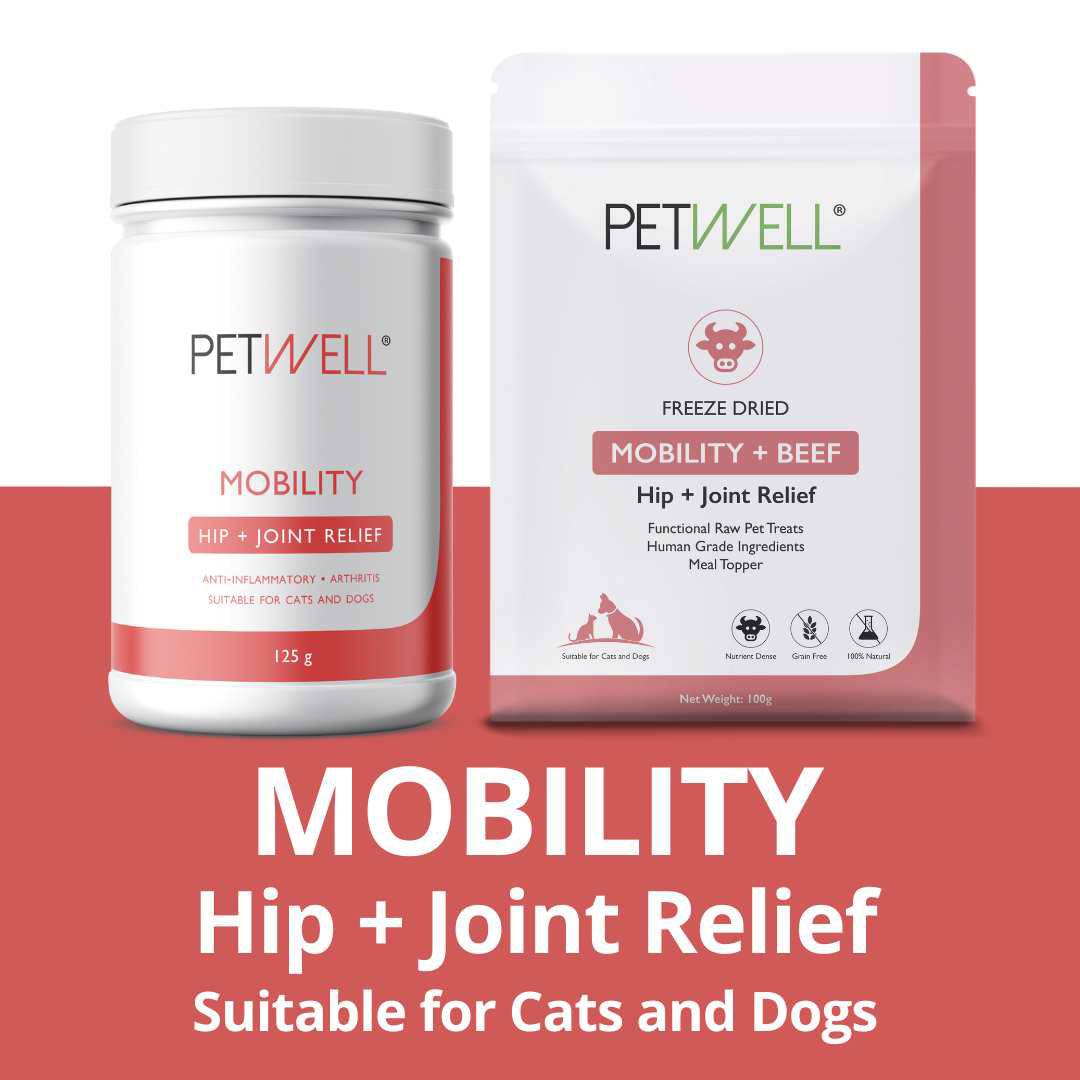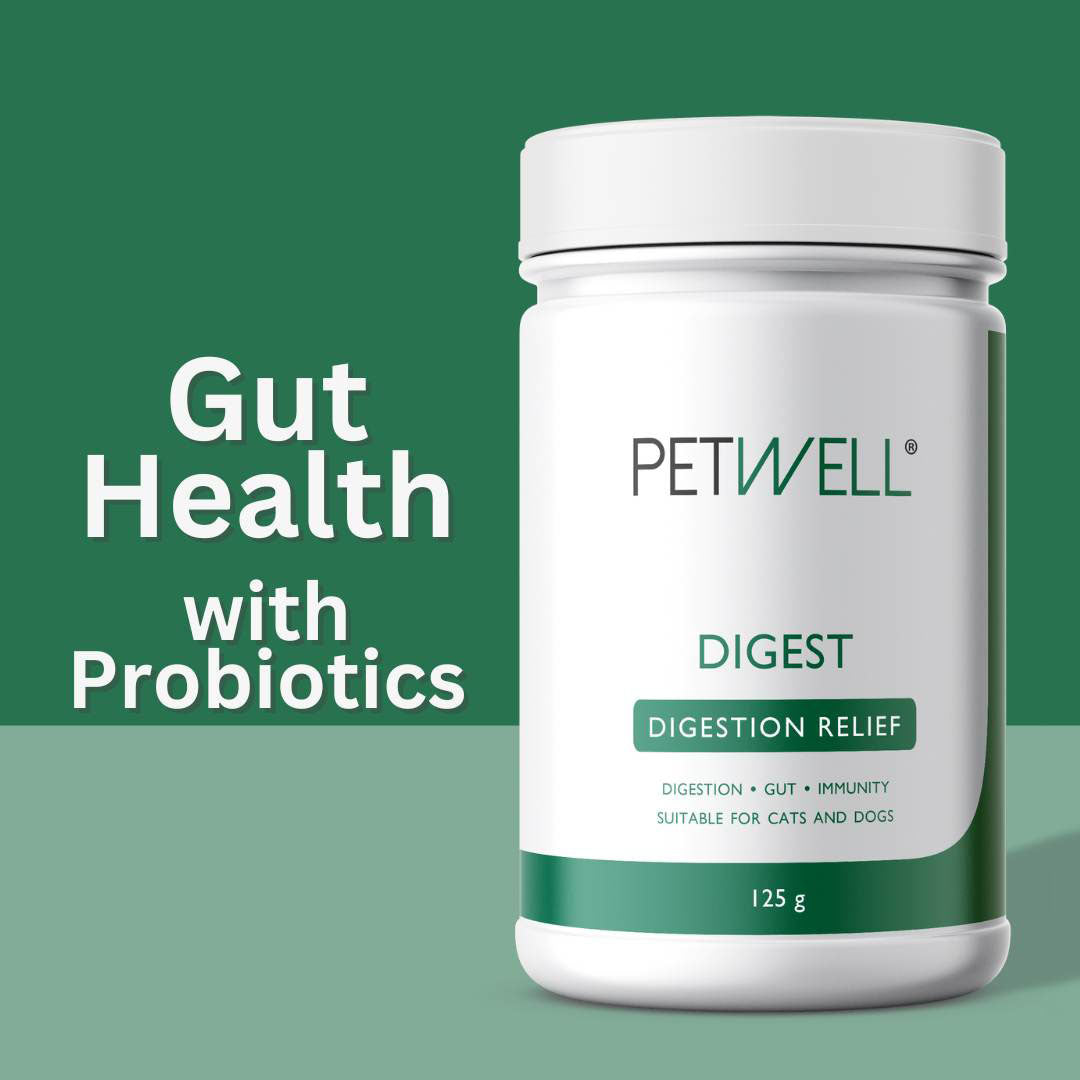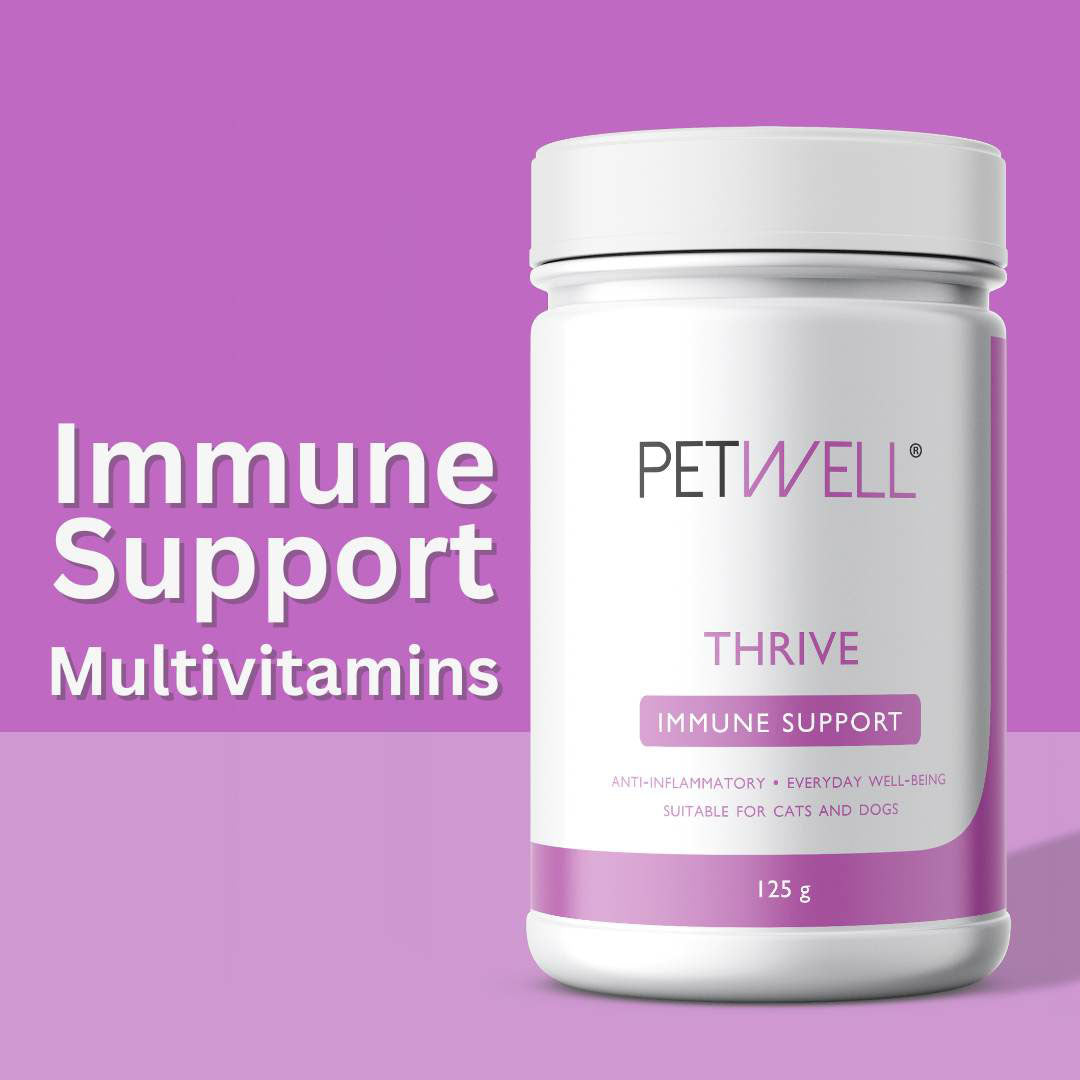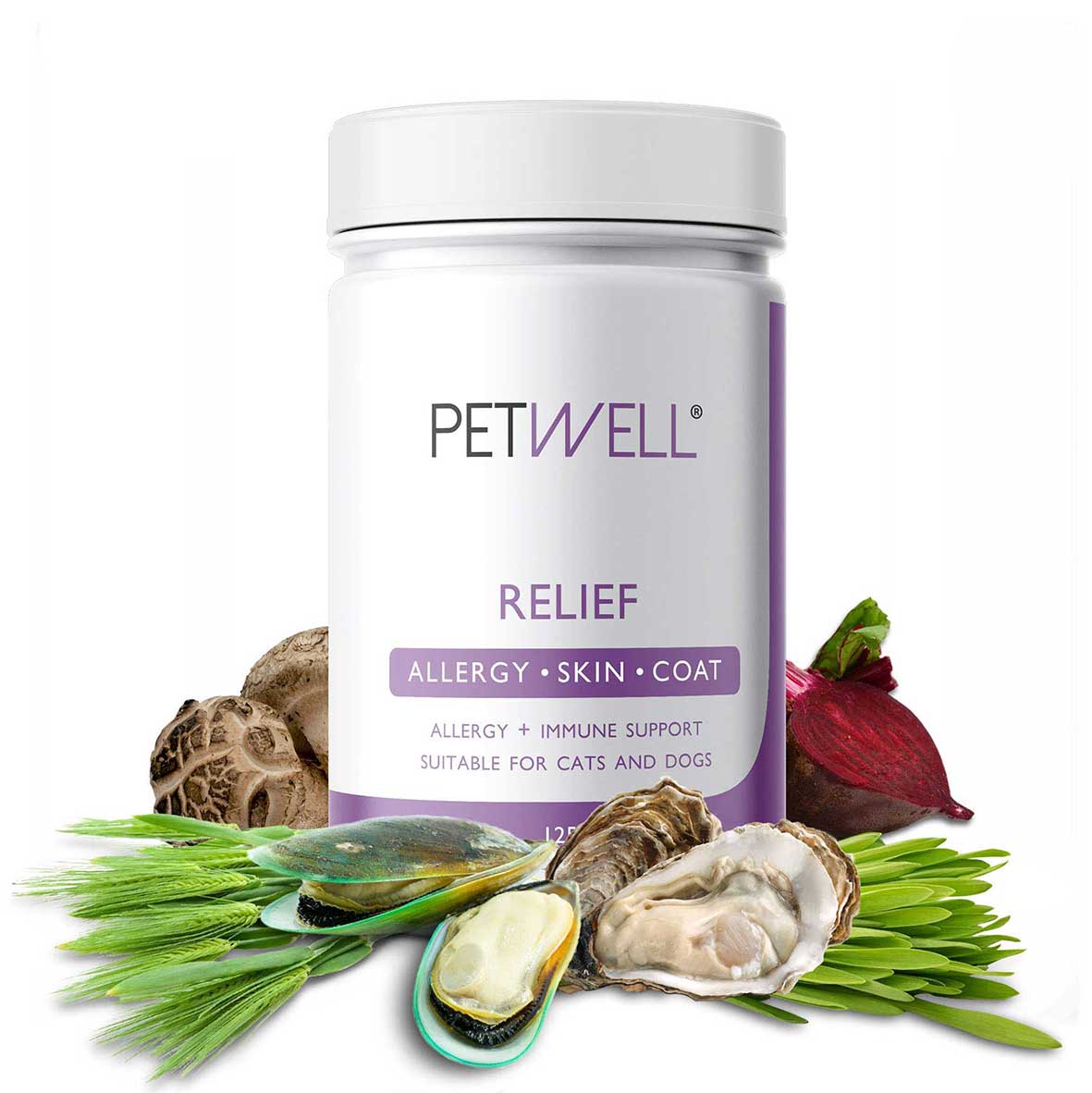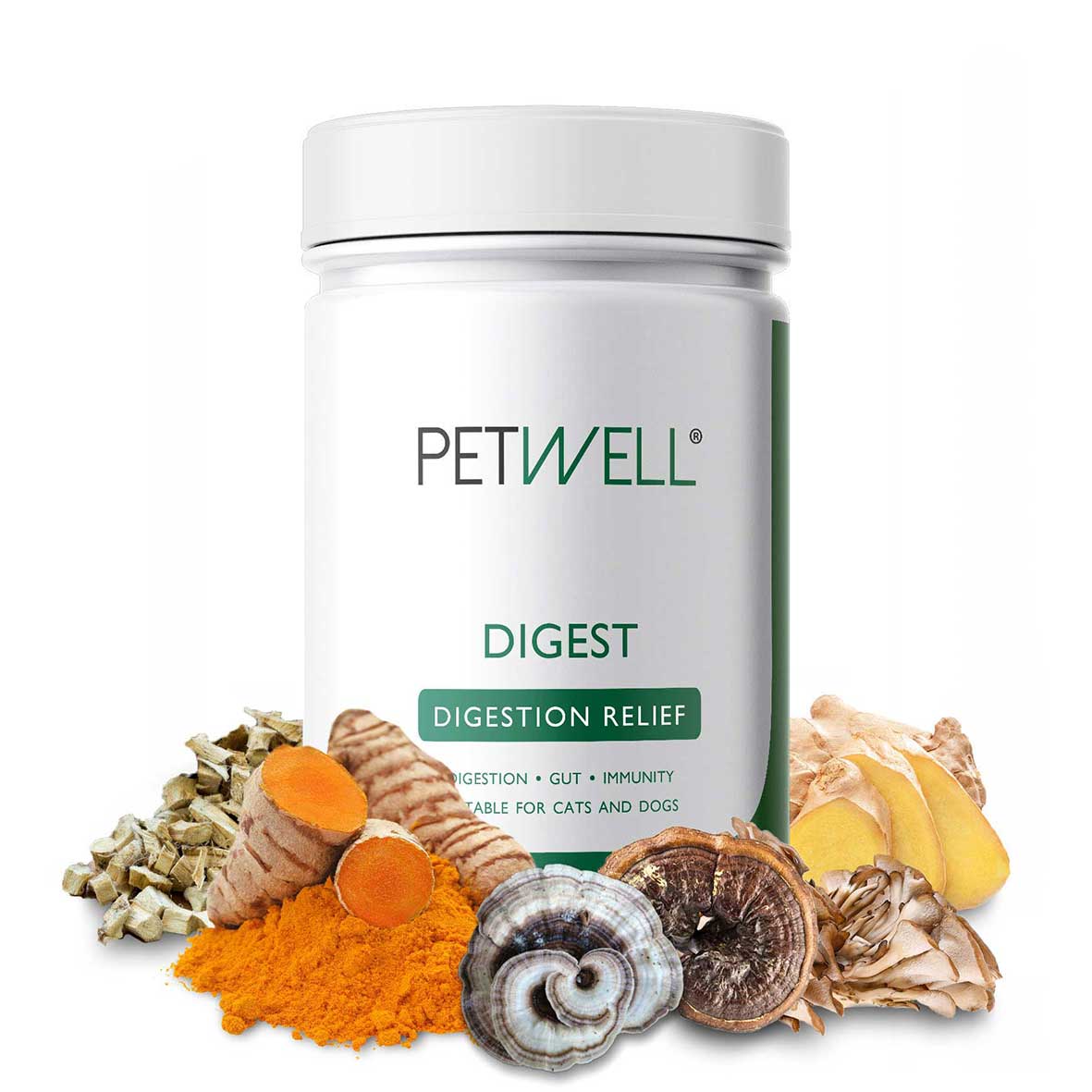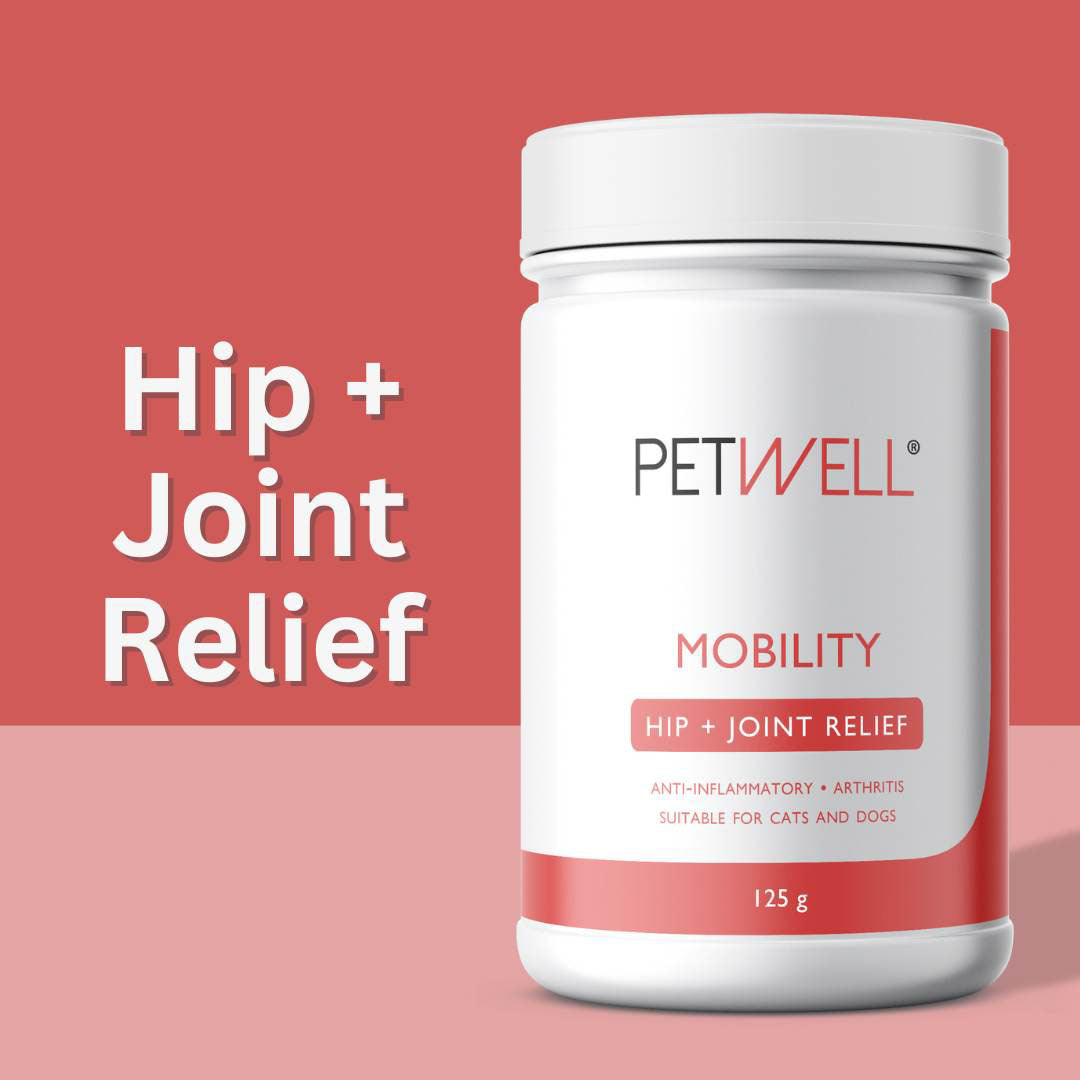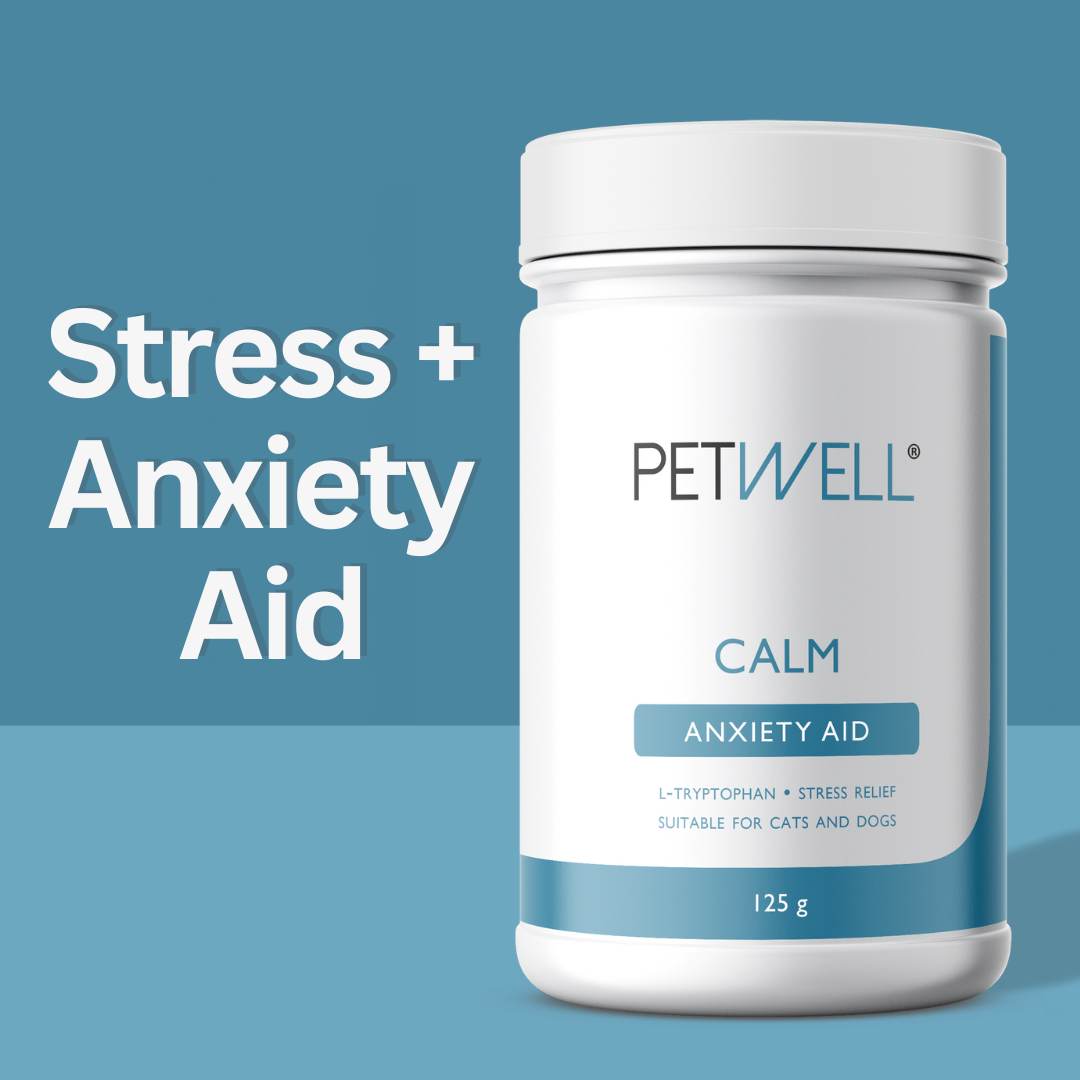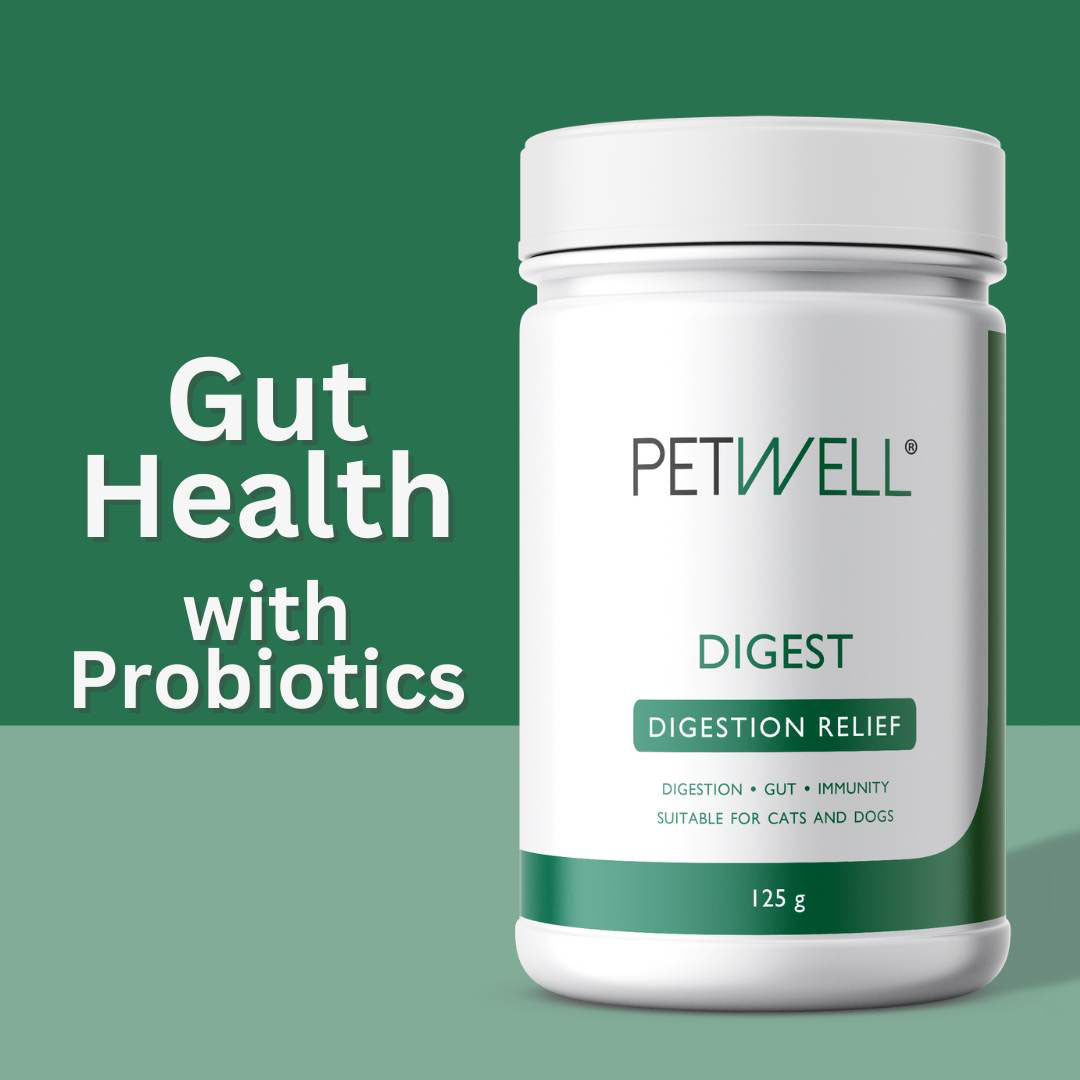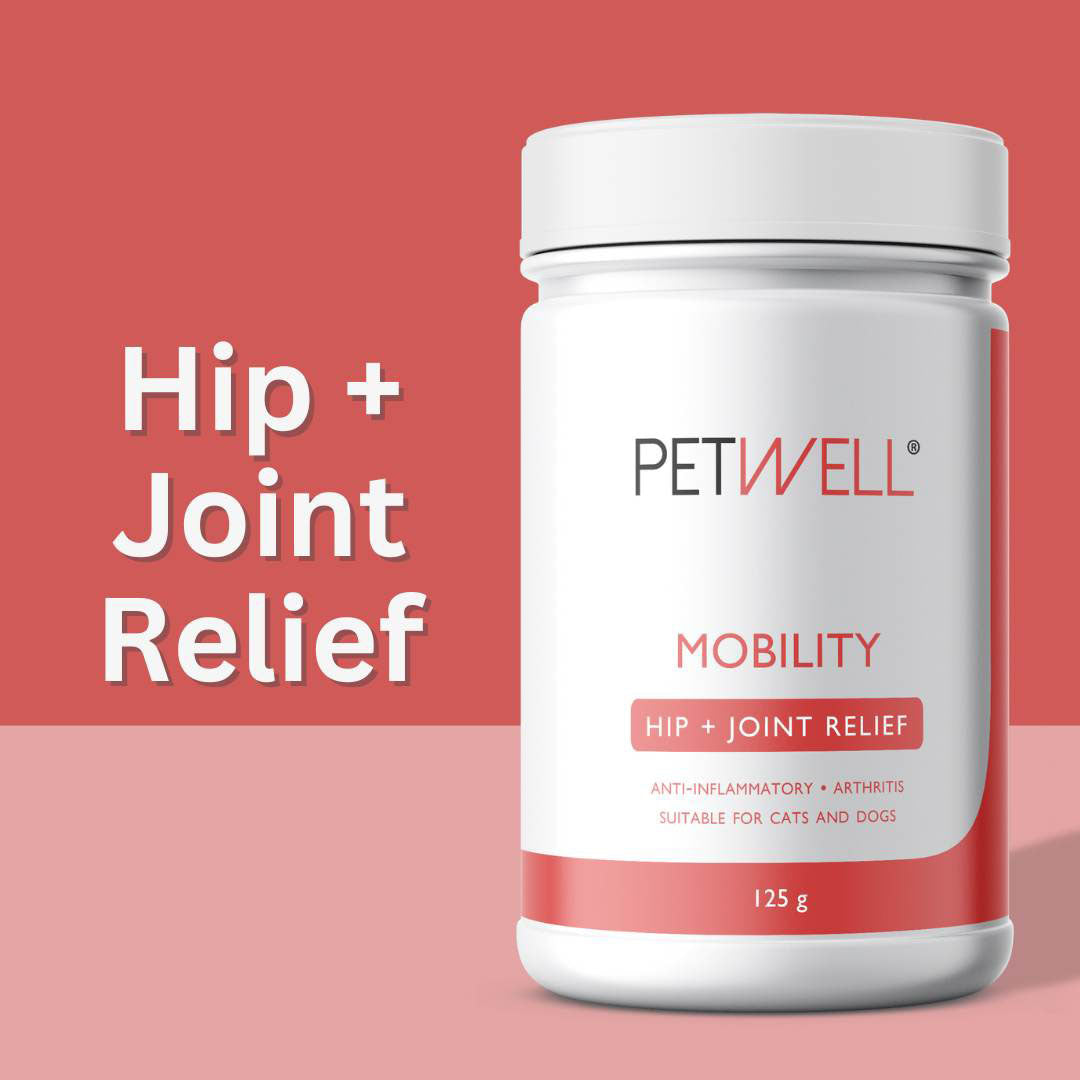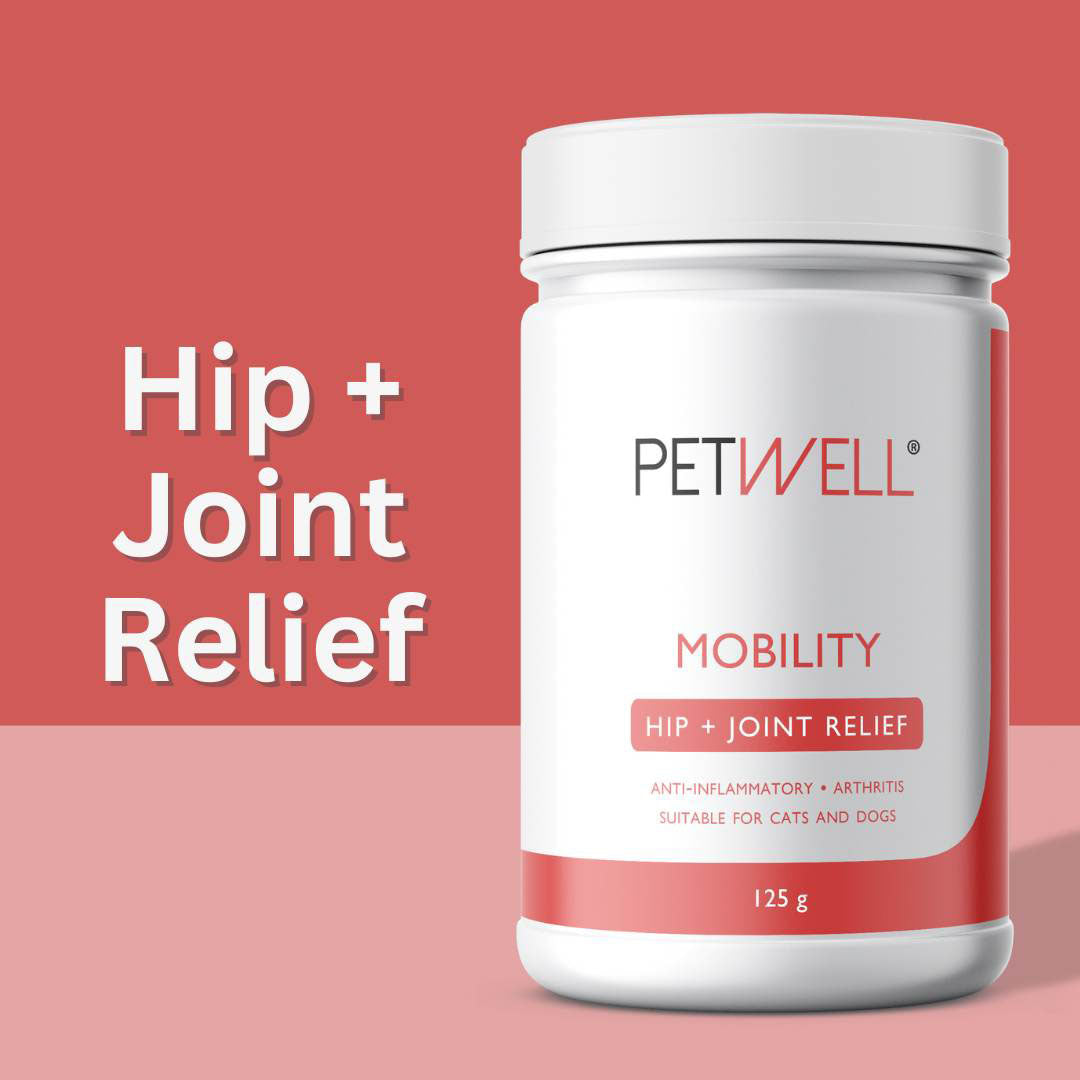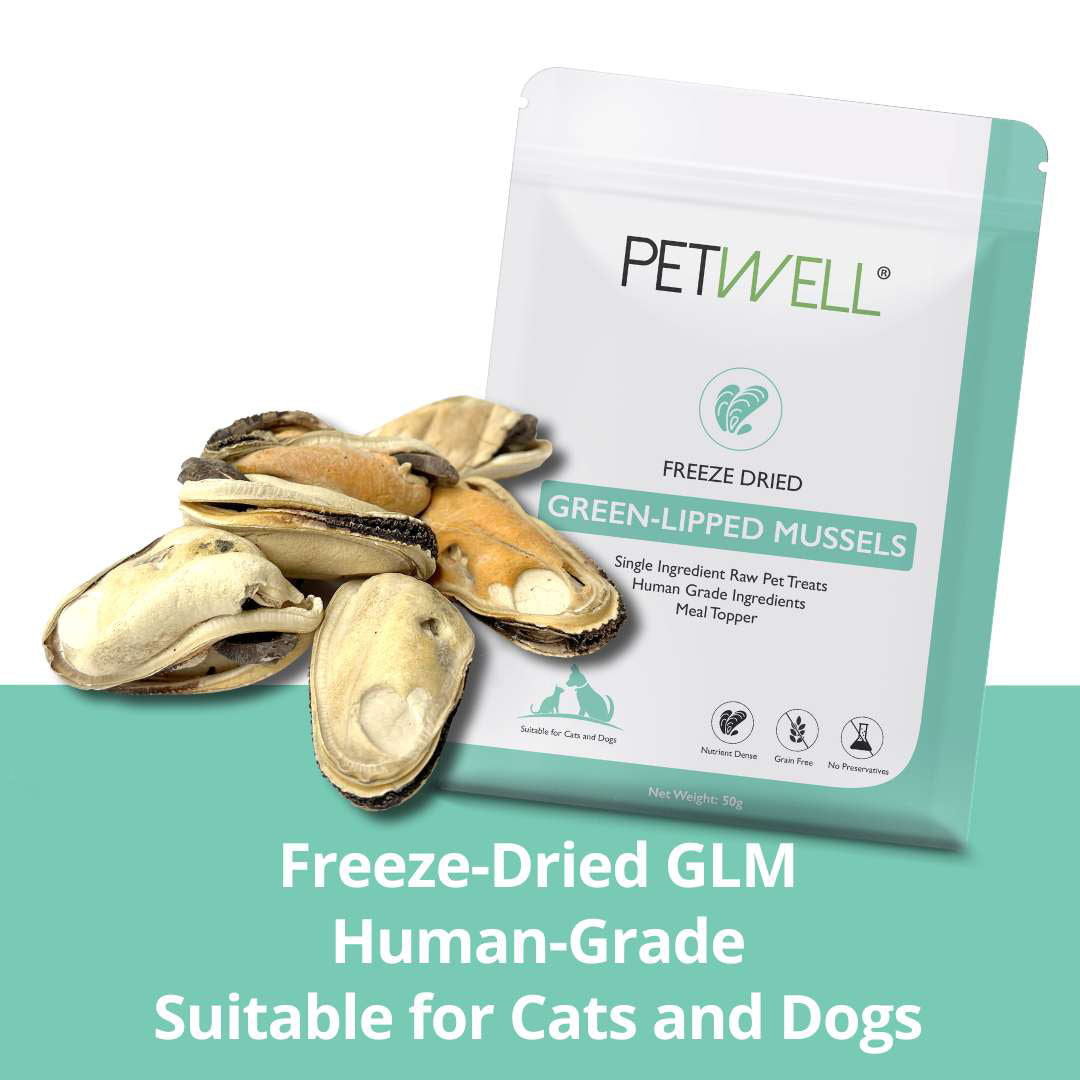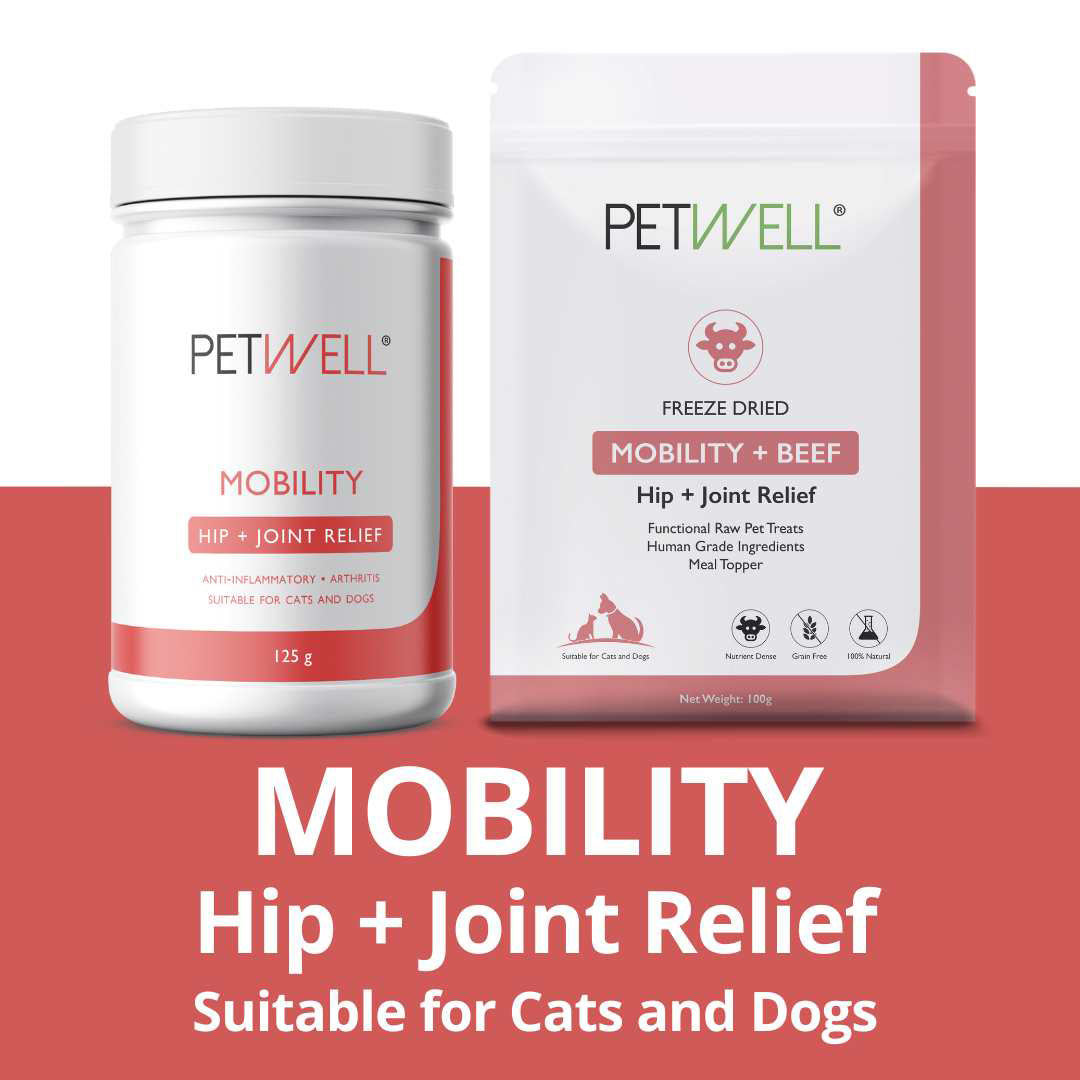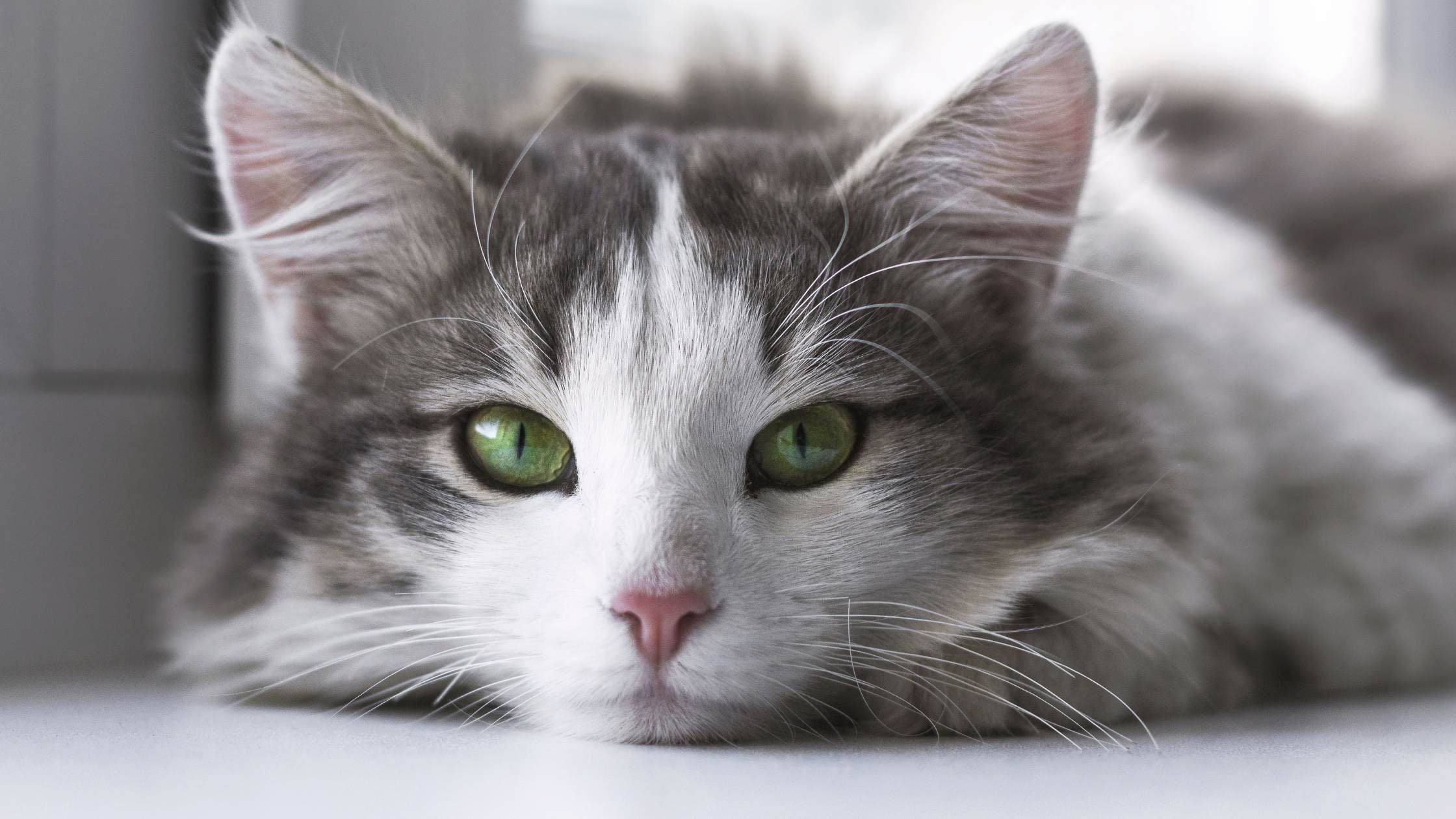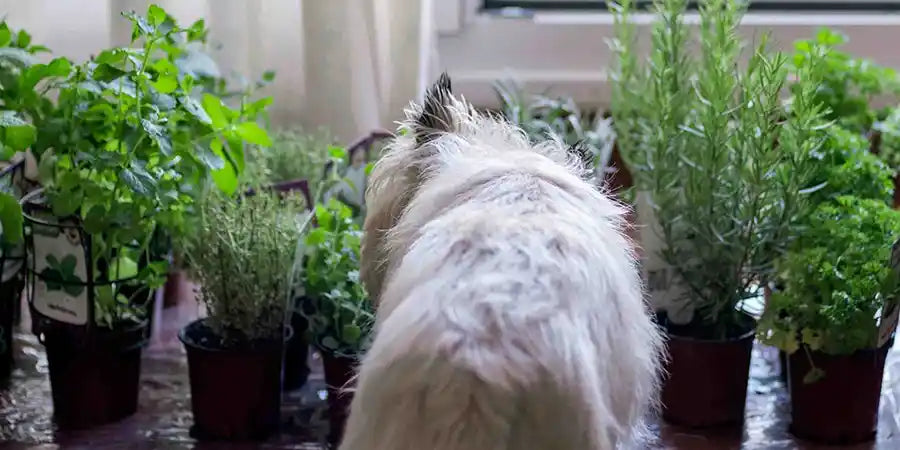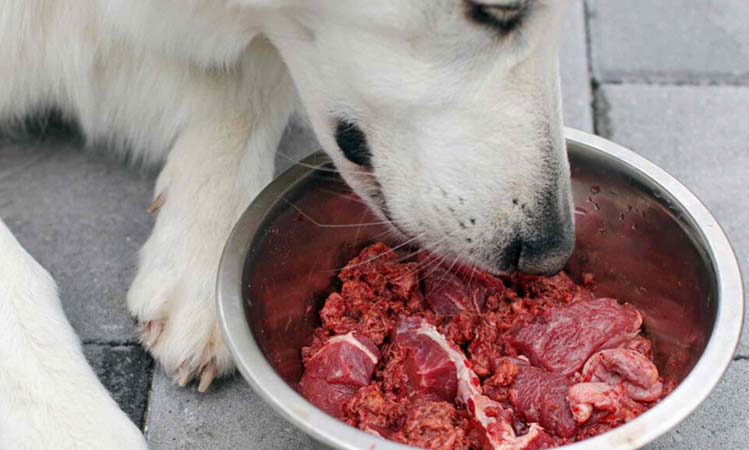Cats, like humans, can experience anxiety, which can significantly impact their quality of life, therefore it’s crucial to know how to calm an anxious cat.
Understanding the symptoms, identifying the triggers, and knowing how to manage and alleviate their anxiety is priority for any cat owner. In this article we explore the signs of anxiety in cats, what to look for, and effective strategies to help them, including dietary considerations and natural supplements like PetWell CALM.
Managing and Reducing Anxiety in Cats
There are several strategies to help manage and reduce anxiety in cats:
- Provide a Safe Space: Ensure your cat has a quiet, comfortable place to retreat to when they feel stressed.
- Routine and Predictability: Keeping a consistent daily routine can help reduce anxiety. Feed and play with your cat at the same times each day.
- Environmental Enrichment: Provide toys, scratching posts, and climbing structures to keep your cat engaged and stimulated.
- Interactive Play: Spend time each day playing with your cat to help them burn off energy and reduce stress.
- Natural Supplements: Products like PetWell can be beneficial. Ingredients such as chamomile, and L-theanine are known for their calming properties and can be found in some pet supplements.
Diet for Cats

Diet plays a crucial role in managing a cat's anxiety. Certain foods and natural supplements can help calm an anxious cat:
- High-Quality Diet: Ensure your cat's diet is rich in essential nutrients, including omega-3 fatty acids, which have been shown to support brain health and reduce anxiety. These foods include, fish, salmon, sardines and tuna.
- Avoid Artificial Additives: Artificial colours, flavours, and preservatives can contribute to behavioural issues. These are often found in dry food. Opt for natural, wholesome ingredients.
- Regular Feeding Schedule: Feed your cat at the same times every day. A predictable routine can help reduce anxiety.
- Calming Treats: Treats specifically designed to reduce anxiety such as PetWell CALM + LAMB can be helpful. These treats contain natural calming agents like chamomile (l-tryptophan), lemon balm, and green tea (L-theanine.)
Natural Supplements for Cats
In addition to dietary adjustments, natural supplements can be beneficial in managing your cat's anxiety. PetWell CALM is formulated by an animal naturopath and is specifically designed to support feline mental health.
Here's how it works:
- Rose Hip: Restores vitamin C, depleted during stress, fights harmful free radicals, and may help reduce inflammation and cognitive aging.
- Australian Goat Milk Powder: A natural source of L-Tryptophan, providing serotonin to help calm anxiety, aids intestinal inflammation, and promotes good gut bacteria.
- Freeze-Dried Beef Liver: A superfood rich in B vitamins for stress relief and flavour enhancement.
- Chamomile: Contains L-Tryptophan for serotonin and acts as a natural muscle relaxant.
- Lemon Balm: Relieves stress and anxiety symptoms and is used as a calming agent.
- Oat Straw: Optimises the nervous system.
- Green Tea: A natural source of L-theanine, which helps produce serotonin for calm emotions.
- Açai Berry & Raspberry: Powerful antioxidants high in vitamin C to assist in stress relief.
All these ingredients work together to create a powerful solution for managing stress and anxiety in your cat.
Recognising Symptoms of Anxiety in Cats
Cats, much like dogs are masters at hiding their discomfort, making it challenging to detect when they're anxious. However, there are several telltale signs that can indicate your feline friend is stressed:
Excessive Grooming or Bald Patches
Cats with anxiety might over-groom, leading to bald patches or sores. This behaviour is often a coping mechanism for their stress and can be misdiagnosed as skin allergies.
Changes in Appetite
An anxious cat may lose interest in food or, conversely, overeat. Both sudden weight loss and gain can be indicators of underlying anxiety.
Litter Box Issues
If your cat suddenly starts urinating or defecating outside the litter box, that’s a strong indication that anxiety might be the cause. This behaviour can be due to stress or fear.
Aggression or Fearfulness
An anxious cat might display aggression towards people or other animals. Alternatively, they might become overly fearful, hiding more frequently or reacting negatively to normal stimuli.
Vocalisation
Increased meowing, yowling, or growling can be signs of anxiety, especially if these behaviours are out of character for your cat.
Restlessness or Hyperactivity
An anxious cat might be more restless, pacing around the house, or unable to settle down.
Change in Sleep Patterns
Anxiety can disrupt a cat’s sleep, leading to insomnia or excessive sleeping.
Changes in Behaviour
An anxious cat may become more withdrawn or, conversely, more clingy. You might notice an increase in hiding or a reluctance to engage in normal activities.
Common Causes of Anxiety in Cats

Understanding the triggers of anxiety can help in managing and reducing stress in cats. Some common causes include:
Environmental Changes
Moving to a new home, rearranging furniture, or even changes in daily routines can cause anxiety.
New Additions
The introduction of new pets, family members, or frequent visitors can be unsettling.
Lack of Stimulation
Cats need mental and physical stimulation. A lack of toys, climbing structures, or playtime can lead to anxiety.
Health Issues
Pain or illness can make a cat anxious. Always rule out medical problems with a vet visit if your cat's behaviour changes suddenly.
Loud Noises
Thunderstorms, fireworks, and even household appliances can cause anxiety in noise-sensitive cats.
Understanding the symptoms and causes of anxiety is the first step towards helping your cat feel more secure and relaxed. |
In Summary
By providing a stable environment, plenty of mental and physical stimulation, and considering dietary changes and natural supplements like PetWell, you can significantly reduce your cat's anxiety and improve their overall well-being.
The Science Behind It
Don’t just take our word for it, here are some evidence-based studies for you to review.
Research links of CALM ingredients
Disclaimer: The entire contents of this email and website are not to be taken as medical advice. The team at Pet Squad Pty Ltd trading as PetWell encourages you to make your own pet healthcare decisions based on your research and in partnership with a qualified pet healthcare professional.
